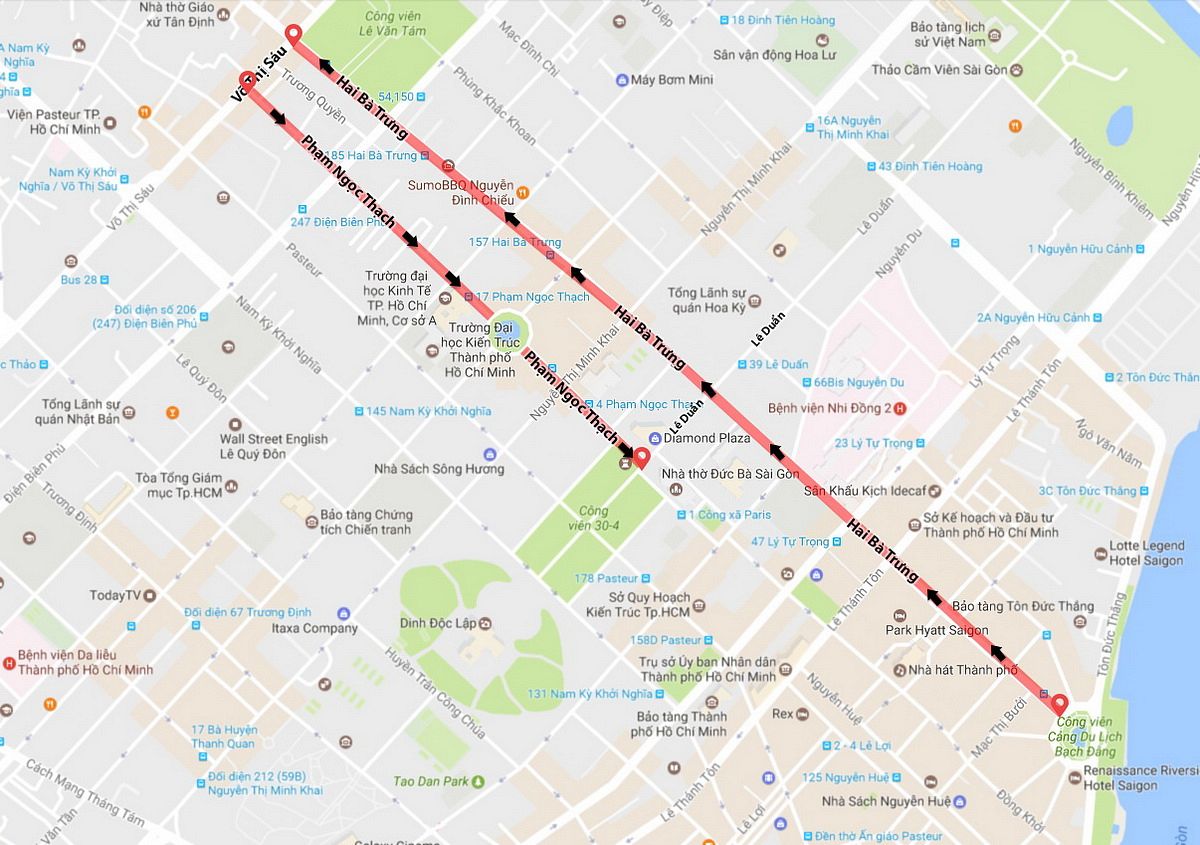Although most Saigoneers have accepted excessive noise as an unavoidable part of life in Saigon, the consequences of the city’s noise pollution are having a serious impact on the health of local residents.
According to VietnamNet, experts estimate Saigon’s noise levels are much higher than what is legally permitted. Vietnam's national standards on noise allow for no more than 55 decibels of sound between the hours of 6am and 9pm in areas near schools, libraries, healthcare centers, pagodas and temples, while residential neighborhooods are permitted no more than 70 decibels during the same time period. However the areas surrounding numerous intersections, including Hang Xanh Roundabout, the junction of Dinh Tien Hoang and Dien Bien Phu, and the junction of Huynh Tan Phat and Nguyen Van Linh, register noise levels higher than this threshold during both the day and at night.
Dr. Nguyen Dinh Tuan, who recently researched the city's noise pollution, told VietnamNet he believes the main factor in Saigon's high level of noise is traffic. With the number of vehicles in the city expected to rise by 10% annually, this problem will only continue to get worse.
One part of this traffic-related noise pollution is honking; though Saigon has regulations on horn-honking, local resident Nguyen Van Lam believes most people ignore such rules.
“They beep horns any time they want, causing terrible noise,” Lam told the news outlet.
Local residents have to deal with noise pollution on a daily, if not hourly, basis due to Saigon’s current urban planning, which allows for commercial, residential and even industrial areas to coexist, often right next to one another. Thus, noise from drilling, cutting and welding in industrial settings is common. For workers in these operations, such sounds have damaging effects on their health: as many as 60% of workers suffer from hearing disorders.
Noise pollution can have serious health effects including hearing loss, hypertension, sleep disturbance and stress.















